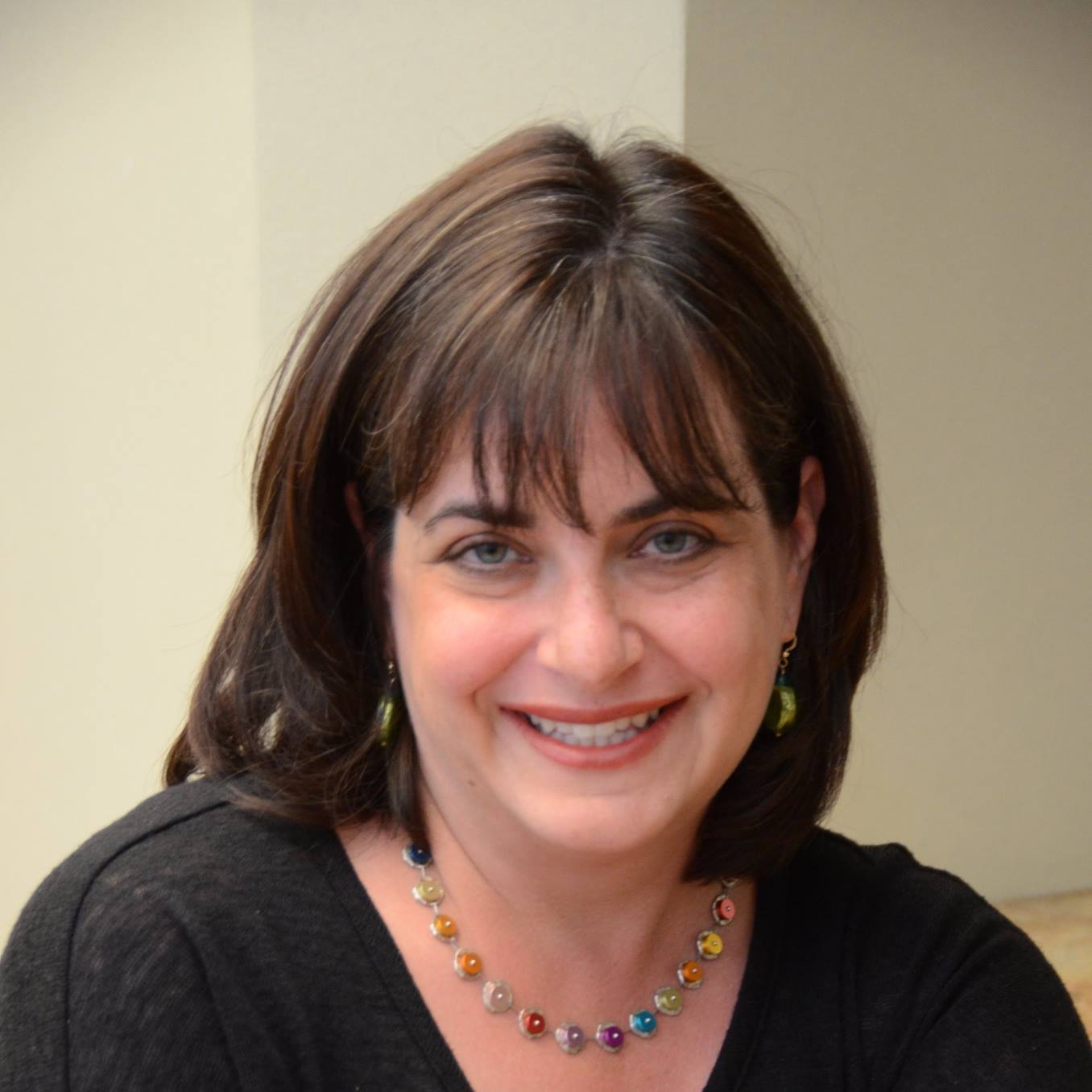New Partnership Brings Survivor Voices to Hearts and Homes
Alan Rose was repeating himself. He was stuck in a particularly difficult part of his story about being deported from a labor camp to Buchenwald Concentration Camp. Josh Turnil and the guests he had invited to hear Alan’s story in Josh’s Paris living room that January 2019 evening – about 20 people of all ages tucked into sofas and folding chairs – gently helped Alan along. After Alan had finished speaking, Josh’s teenage son sat at the piano and played a slow, jazzy melody with a repeating refrain that reflected the circularity of memory.
